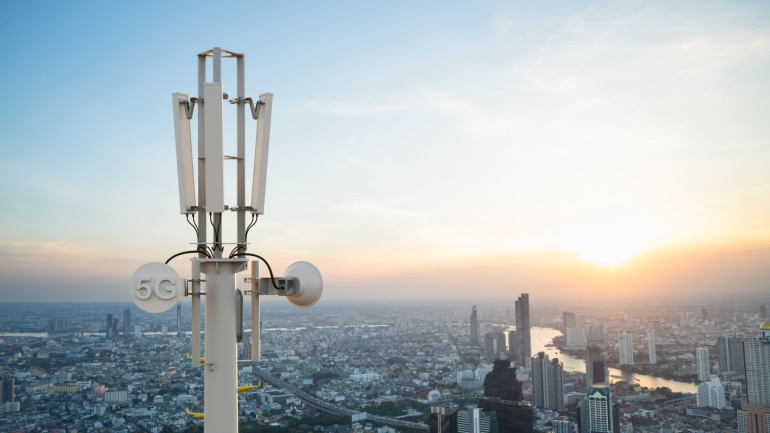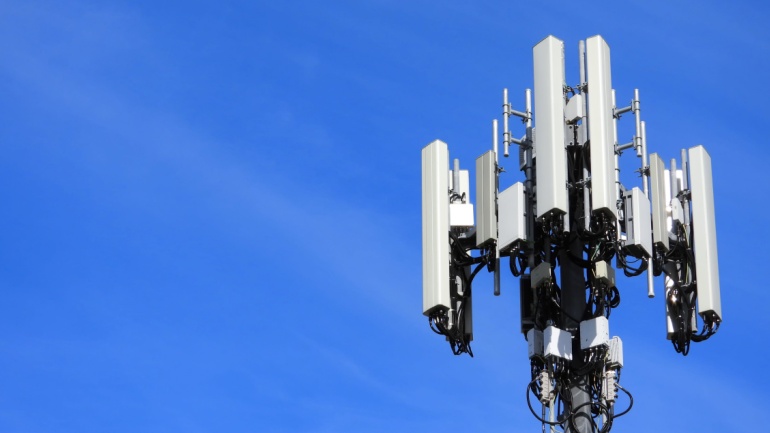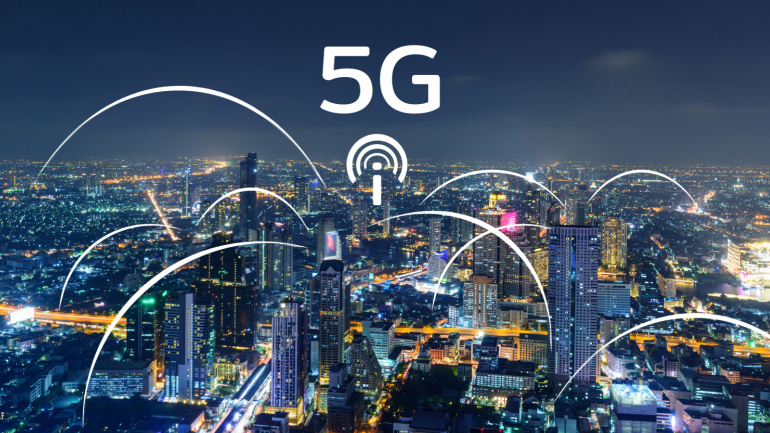KPN, a leading telecom operator, recently announced its plan to retire 2G network by 2025, opening the frequency gates to bolster the reliability and speed of its 4G & 5G networks.
In a bold move reminiscent of early 2000s communication technology, T-Mobile US has unveiled a groundbreaking push-to-talk service tailored for emergency services, in partnership with Motorola Solutions. However, this isn’t a mere throwback; it’s a sophisticated, 5G-enabled system designed to meet the demands of modern-day first responders.
In a pioneering initiative, passengers traveling on a high-speed rail route in Southern China are now enjoying faster and more reliable 5G connectivity, thanks to the innovative use of digital twin technology. ZTE and China Mobile’s Yunnan Branch have collaboratively developed a detailed 3D model of the railway’s surrounding infrastructure, significantly enhancing network performance along the challenging terrain of the KunchuDali railway.
A cutting-edge initiative partnered with South Tyneside Council aims to transform a port into an innovation hub in the maritime sector utilizing 5G cameras and IoT sensors. This endeavor, backed by a £37 million grant from the Department for Science, Innovation and Technology, is set to pilot electric port operations, advanced transportation systems, live streaming, and smart farming.
In a significant development for Romania’s telecommunication landscape, Huawei, the Chinese equipment manufacturer, has faced a major setback. The Romanian government has formally declined Huawei’s request to deploy its technology within the nation’s 5G networks. This decision, disclosed through the Romanian government gazette without an official press statement, effectively bars Huawei from any future participation in the Romanian mobile network market.
In a recent analysis, Vodafone has highlighted a significant opportunity cost for UK’s small and medium-sized enterprises (SMEs) due to the sluggish deployment of standalone 5G technology. According to the telecommunications giant, UK businesses are forgoing approximately £8.6 billion annually in potential productivity gains, a situation that also threatens the country’s competitiveness in Europe.
Scotland’s pureLiFi pioneers revealed latest advancements in delivering data via light at Mobile World Congress. Their new LiFi hotspot not only provides impressive broadband connectivity, but avoids congesting WiFi networks. The LINXC Bridge™ emerged as a trailblazing solution for indoor 5G connectivity, boasting 1Gbps speeds over 5G network.
By the end of this decade, the global number of 5G connections is expected to surge to 5.5 billion, positioning 5G as the leading mobile technology by 2028. This forecast comes from the latest research released by the GSMA. Despite a significant phase of investment in the 5G network already behind us, the mobile industry is set for continuous financial commitment towards enhancing this technology in the coming years.
Hewlett Packard Enterprise (HPE) is joining forces with TELUS to pioneer Canada’s inaugural 5G open radio access network (Open RAN), marking a significant advancement in the country’s mobile connectivity infrastructure. By supplying essential infrastructure across 3,000 locations, this collaboration aims to revolutionize the way Canadians connect, offering faster and more responsive mobile services.
In the dynamic realm of modern business, connectivity is no longer a luxury but a vital necessity. With 5G and VoIP technologies leading the charge, a profound revolution is underway in telecommunications. This article delves into the synergy between 5G’s lightning-fast connectivity and VoIP’s versatile communication, poised to redefine business interactions.













